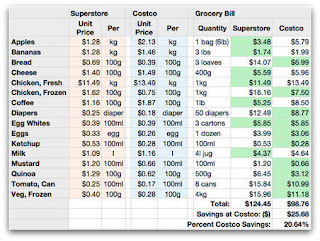 You know Godzilla is the good guy in his latest movie, right?
You know Godzilla is the good guy in his latest movie, right?


Stupid scientists have unleashed this other monster that's destroying everything, and Godzilla shows up to save the day for everybody. Visualize where Godzilla opens his mouth and this huge, unstoppable power stream flows out ... focused ferocity, blasting the creature that's been killing people and threatening the world. It's a viscerally stunning portrayal.
Godzilla as the good guy, he gets to open up and fry the bad guy. It's the right thing to do, from a monsterish point of view, and it's satisfying to watch.
So for a real-life good guy, does he ever get to do things like that? Does a good guy get to open up and define good vs. bad; does he get to speak what's right into existence and blow away the wrong?
 The impediments - well, there's appropriate reserve and decorum and deference and political considerations. And position! You can get bumped out of the pack if you pull the rug out from under the players. It happened to Peter Norman, but in the end, he was right and everybody had to admit it. He paid a price, though.
The impediments - well, there's appropriate reserve and decorum and deference and political considerations. And position! You can get bumped out of the pack if you pull the rug out from under the players. It happened to Peter Norman, but in the end, he was right and everybody had to admit it. He paid a price, though. Start to finish, we're told what to do and how to think. For twelve years or more in school, we do what we're told, then comes employment where we do what we're told. By the time the moment arrives, we've got years of living up to the expectations of others, doing what they want, what they think is best, not rocking the boat.
Start to finish, we're told what to do and how to think. For twelve years or more in school, we do what we're told, then comes employment where we do what we're told. By the time the moment arrives, we've got years of living up to the expectations of others, doing what they want, what they think is best, not rocking the boat.Culturally, we've put up a thousand walls against decisions of conscience. There are boundaries that constrain us to the group norm, to the authority above us, to the status quo and the flow of events.
Speaking the truth when it goes against the grain ... that's emotionally difficult, particularly for an adult who is assimilated into a structured culture. Opening your mouth and sweeping away wickedness, replacing it with right and truth, that's a step of courage and conviction.
An example?
 Well, there was slavery. Brave folks opened up and spoke while facing tremendous opposition. One by one, they spoke until they could no longer be ignored. They spoke truth against the established culture, the power players, and told them they were just wrong, in every possible way, wickedly wrong. It took courage and conviction. It was not a gentle conversation, and the battle continues.
Well, there was slavery. Brave folks opened up and spoke while facing tremendous opposition. One by one, they spoke until they could no longer be ignored. They spoke truth against the established culture, the power players, and told them they were just wrong, in every possible way, wickedly wrong. It took courage and conviction. It was not a gentle conversation, and the battle continues.How about examples today? For just one, our culture today thrives on greed, economic abuse, and oppression. It's called the GAP, the widening distance between rich and poor, or predatory economics. It's a monster with many tentacles, and it threatens the world. It's the most grotesquely wicked element visible in today's international arena.
Feeling courageous? Blast away, Godzilla. :) (Just speak the truth; no fire and melting. You knew that.)
In case you passed by Peter Norman's story, give it a sec.










